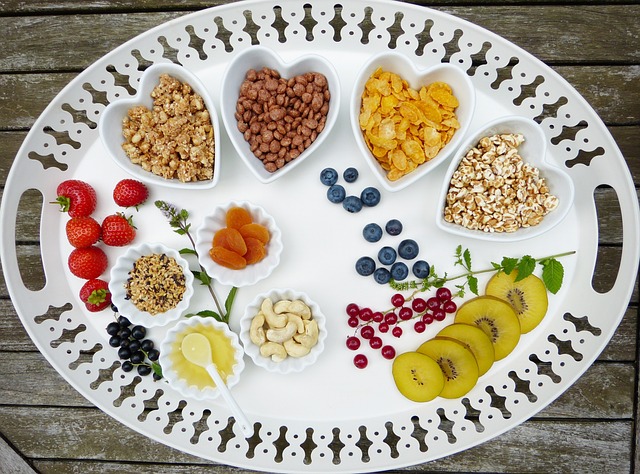Foods to Avoid for a Healthy Pet Diet
A well-balanced diet is essential for maintaining the health and well-being of your furry friends. However, with so many foods available in the market, it can be challenging to determine which ones are safe for consumption by pets. In this article, we will explore some common foods that should be avoided when preparing a healthy pet diet.
Before we dive into the list of foods to avoid, it’s essential to understand why these foods can be harmful to your pets. Many human foods contain ingredients that can cause allergic reactions, digestive issues, or even life-threatening conditions in animals. For instance, chocolate contains theobromine, which can cause vomiting, diarrhea, and increased heart rate in dogs.
Similarly, grapes and raisins have been known to cause kidney failure in cats, while onions and garlic can lead to anemia and other blood disorders. Even seemingly harmless foods like macadamia nuts, avocados, and xylitol can be toxic to pets due to their high fat content or unique chemical composition.
Top 10 Foods to Avoid in Your Pet’s Diet
- Chocolate: Contains theobromine, which can cause vomiting, diarrhea, and increased heart rate in dogs. Caffeine is also toxic to cats.
- Grapes and Raisins: Can cause kidney failure in cats due to their unique chemical composition.
- Onions and Garlic: Can lead to anemia and other blood disorders in pets, as they contain a compound that inhibits the production of red blood cells.
- Macadamia Nuts: Can cause weakness, depression, vomiting, tremors, and hyperthermia in dogs due to their high fat content.
- Avocados: While not toxic, avocados can cause stomach upset and diarrhea in pets due to their high fat content.
- Xylitol: A sugar substitute commonly used in sugar-free products, xylitol can cause a rapid drop in blood sugar and even liver failure in dogs and cats.
- Raw or Undercooked Meat, Eggs, and Fish: Can contain bacteria like Salmonella and E. coli, which can lead to food poisoning in pets.
- Processed Meats Like Hot Dogs and Bacon: Can contain preservatives like sodium nitrite and sodium nitrate, which are linked to cancer in humans and may also cause health issues in pets.
- Caffeine: Can cause vomiting, diarrhea, increased heart rate, and other symptoms in dogs due to its stimulant properties.
- Yeast Dough: Can expand in a pet’s stomach, leading to bloating and potentially life-threatening conditions.
While it may seem daunting to navigate the world of human foods for your pets, there are many delicious and nutritious alternatives available. By avoiding these common foods and opting for dog-safe fruits, vegetables, whole grains, lean proteins, and healthy fats, you can provide your furry friends with a well-balanced diet that promotes overall health and well-being.
Conclusion
In conclusion, it’s essential to be aware of the foods that can harm your pets and take steps to avoid them. By understanding which human foods are toxic or unhealthy for animals, you can create a safe and balanced diet for your furry friends. Remember, always consult with your veterinarian before making any changes to your pet’s diet.
With a little knowledge and planning, you can ensure that your pets live long, happy, and healthy lives. So next time you’re preparing a meal or snack, remember: what’s good for humans might not be as great for our furry friends!
| Tags | pets diet health food toxic foods |
|---|

